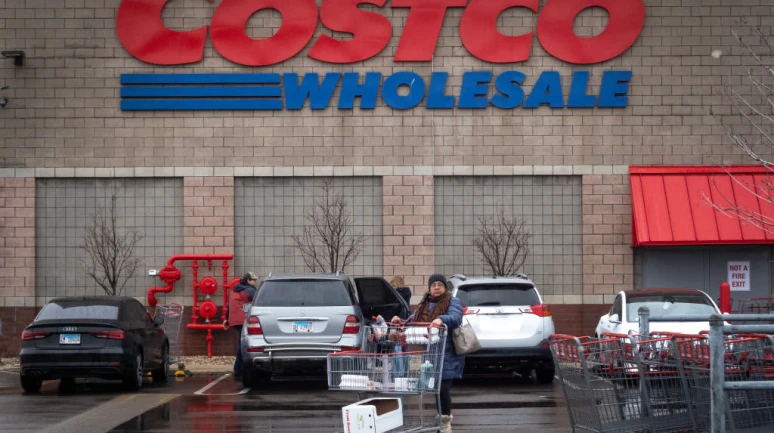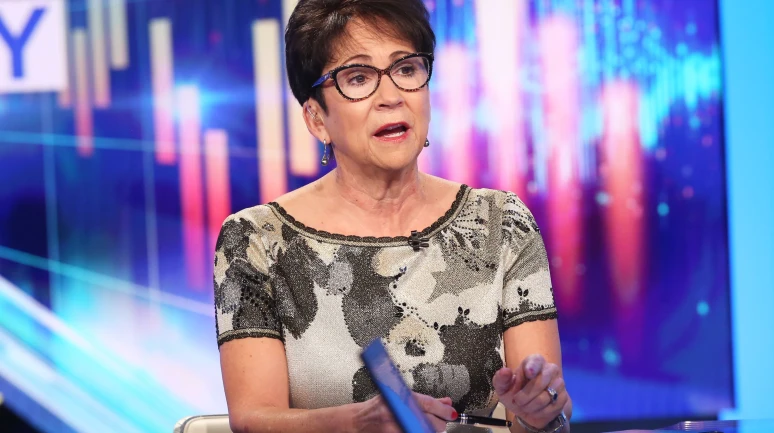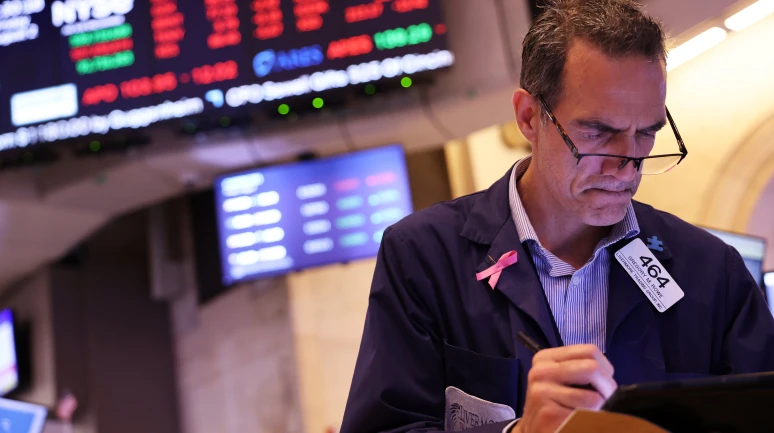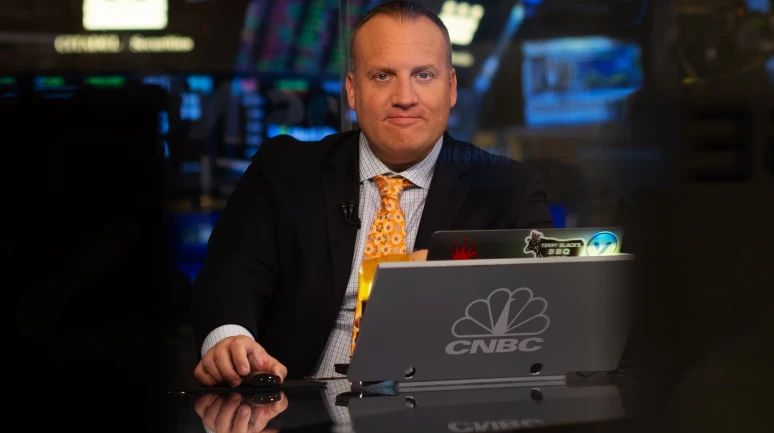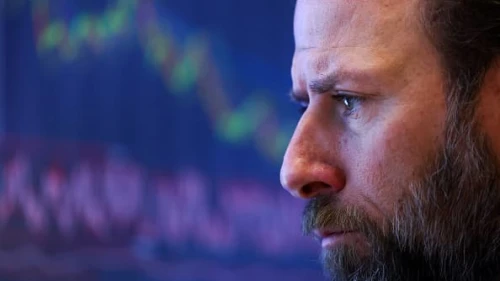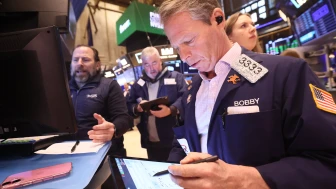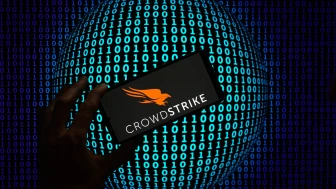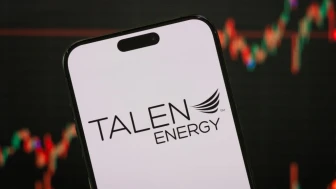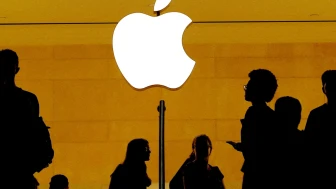CBOE Global Markets' Mandy Xu has issued a warning that the stock market is not accurately pricing in the risks associated with tariffs, despite the recent sharp sell-off on Monday. Xu highlighted that while the bond market has been more responsive to economic uncertainties in recent months, there is now a convergence in sensitivity between the bond and stock markets.
Xu, the head of derivatives market intelligence at CBOE, emphasized that volatility in the market could increase further due to the options market still viewing tariffs as a stock-specific event rather than a macroeconomic catalyst. With President Donald Trump announcing new tariffs on imports from Canada, Mexico, and China, the stock market is still grappling with identifying the winners and losers under the new tariff policies.
Bond Market Sensitivity to Economic Uncertainty
As the U.S. Bureau of Labor Statistics prepares to release the February employment report, Xu stressed the importance of monitoring consumer spending trends amidst the broader economic uncertainties. The spotlight is on how businesses and investors navigate through the evolving tariff landscape and its implications on market dynamics.
CBOE Global Markets' Mandy Xu has issued a cautionary statement regarding the current state of the stock market, highlighting the fact that tariff risks are being underestimated even in the wake of a significant sell-off on Monday.
Xu points out that, in recent months, the bond market has shown a higher sensitivity to economic uncertainty compared to the stock market.
Options Market Pricing Tariffs as Stock-Specific Catalysts
Xu pointed out that the record volume of S&P 500 zero days-to-expiration options last month indicates investors' efforts to manage risks in the current uncertain environment. The ongoing economic growth concerns, compounded by the potential impact of tariffs and government layoffs, are raising fears of a demand shock that could significantly affect consumer spending.
Xu emphasized that there is a discrepancy in the way the options market is pricing tariffs, treating them as stock-specific catalysts rather than macro catalysts. This approach could lead to increased volatility in the market.
President Trump's Tariff Policy Impact
President Trump's announcement of imposing tariffs on imports from Canada, Mexico, and China has added to the economic uncertainty. Xu warns that the bond market signals a potential weaker growth, which could ultimately impact all stocks negatively.
The surge in the CBOE Volatility Index on Monday, reaching 22.78, reflected the growing concerns among investors as the S&P 500 slipped into negative territory for the year, and the Nasdaq Composite approached correction levels. Despite the spike in volatility, Xu noted that the market sentiment remains relatively calm, possibly due to heightened hedging activities observed in the past months.
Market Reaction and Volatility Index Surge
Following the tariff announcements, the CBOE Volatility Index experienced a significant surge, indicating increased market volatility. The S & P 500 turned negative for the year, and the Nasdaq Composite approached correction territory.
This shift could signify a changing landscape in the financial markets, where previously established norms are being redefined. Xu's observations highlight the dynamic nature of the relationship between economic conditions and different asset classes, shedding light on potential opportunities and risks for investors navigating this evolving environment.
Market Response to Uncertainty
Despite the surge in volatility, Xu notes that the market response has not reached a state of panic. Market participants have been engaging in heightened hedging activities to manage risks in the face of ongoing uncertainty.
Economic Growth Concerns and Demand Shock
Xu shares concerns about the potential economic growth impact of tariffs and government layoffs, warning that it could lead to a demand shock. The reduction in the federal workforce alongside tariff policies could have significant implications for consumer spending.
Upcoming Employment Report and Market Outlook
The U.S. Bureau of Labor Statistics is set to release the February employment report later this week, offering insights into the labor market's performance amidst ongoing economic challenges. Market participants remain cautious as they navigate through the uncertain environment.

For more curated business news and highlights, subscribe to the Spotlight newsletter by CNBC, providing a daily recap of top stories and market developments.
Disclaimer: The information provided here is for educational and informational purposes only and should not be considered as financial advice.





